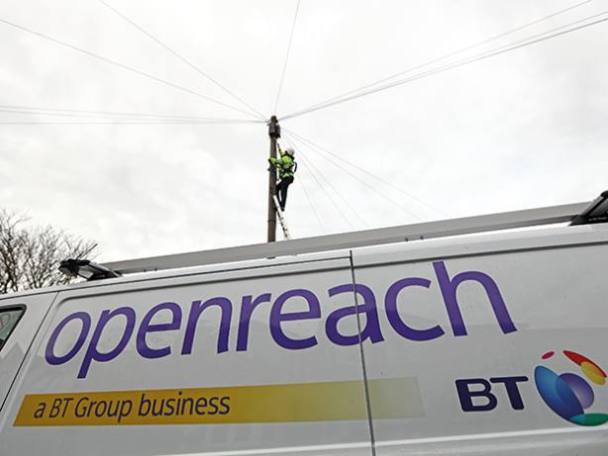Shareholders in BT (BT.A) saw the value of their stock increase by 9.5 per cent, after Sky News revealed that the telecom provider’s board had requested Goldman Sachs (NYSE: GS) to update its takeover defence strategy against any potential bid.
BT has asked the investment bank to factor in a takeover bid worth in the region of £15bn, or 151p a share, representing an approx. 50 per cent premium to the last closing price prior to the revelation.
The group’s market valuation has fallen by 37.1 per cent over the past year, with some analysts suggesting that it is trading at around half the value of its Openreach broadband infrastructure business.
Recent share price weakness is partly down to the decision to suspend the group’s dividend in the face of Covid-19, but a downward trend has been in evidence since November 2015 when BT’s shares were changing hands at 499p.
With net profits of £1.93bn and operating cash inflows of £6.27bn for FY2020, there are certainly attractions from a merger arbitrage angle, but the privatised utility comes with a lot of baggage.
The group was brought to the market in 1984, a high-water mark for privatisations. Unfortunately, it has been hamstrung by many of the regulatory anomalies faced by former state-owned businesses. Whether they be engaged in water, rail, or mail, the privatised utilities have been legally bound to serve wider interests beyond those of their owners. Experience shows that it difficult to accommodate the opposing interests of shareholders, customers, and government regulators.
BT remains the UK’s largest provider of broadband and mobile services, but any potential suitors will be compelled to fund the roll-out of superfast broadband to UK households by the end of the decade. That is in addition to the task of completing the country’s 5G network now that China’s Huawei Technologies has been kicked into touch. Buyers may also baulk at the prospect of funding the group’s elephantine pension deficit.
Management has not let on which potential buyers are in the frame, though Deutsche Telecom AG (ETR: DTE) has previously been mentioned in despatches. That may present something of a national security conundrum for the UK government given that the lion’s share of Deutsche Telecom’s domestic 5G network was built by Huawei.
A parliamentary bill is due out in the autumn which promises to clarify the UK's approach to national security and foreign investment. Following on from the Huawei saga, it would seem perverse that the government would revert to a ‘light-touch’ regulatory approach. The deal could be a bridge too far for the German telecom giant, even though it remains a substantial shareholder in BT.
There is speculation, however, that private equity interests may be considering a tilt. It is doubtful that interest from this quarter would elicit a sympathetic response from Whitehall, especially given BT’s centrality to the UK’s digital transformation. It is plausible that a private equity buyer could resort to the standard playbook by launching a proxy campaign against the BT board – a prospect which could certainly have triggered the approach to Goldman Sachs.











